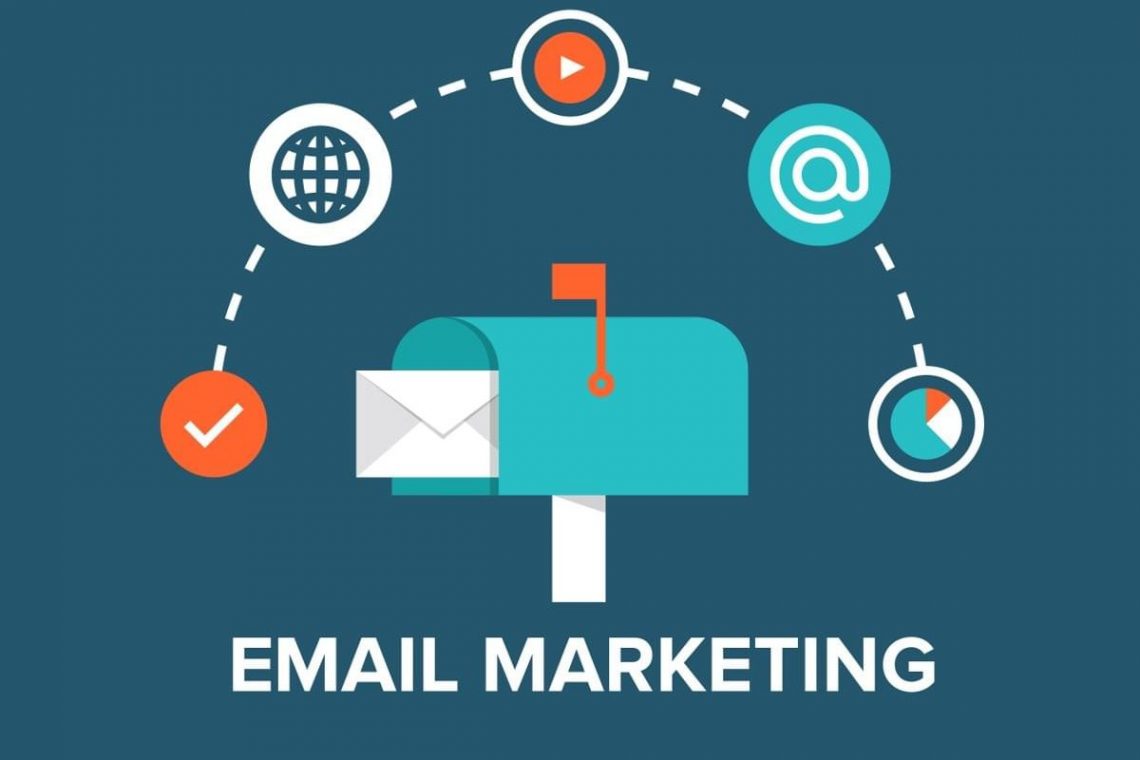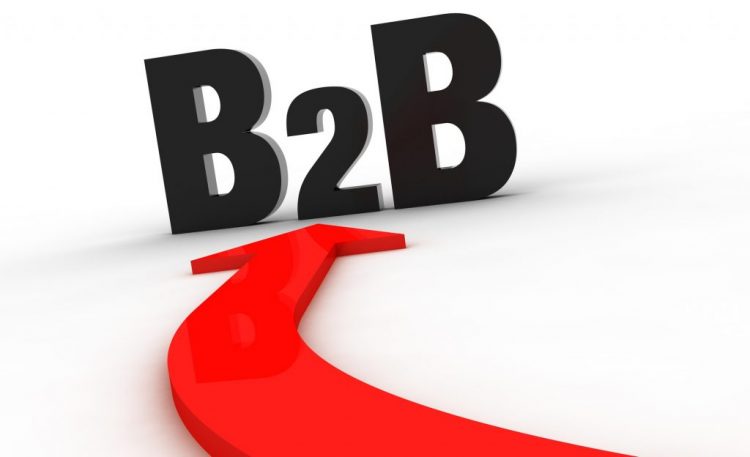Email marketing, in addition to being a form of direct marketing, plays a key role in an inbound marketing strategy, and thanks to email, it allows companies to share new products, sales, exclusive offers, and updates with customers on their mailing lists. contacts in order to encourage loyalty, increase brand awareness and interact with leads to drive conversions.
Mail marketing is a tool suitable for all types of companies, it allows you to segment the target, guarantees better performing results than other web marketing channels, and is easily measurable in terms of ROI (Return On Investment). Suffice it to say that, according to the study conducted by the Litmus company, in 2019 the average ROI was 42 dollars for every dollar spent on Email marketing.
Furthermore, to better understand the potential and importance of this tool, it is sufficient to analyze the research data carried out by Statista: in 2020, around 306 billion e-mails were sent and received a day all over the world. This figure is expected to increase to over 376 billion daily emails in 2025.
Before discovering what the strategies based on the use of e-mail are, let’s take a short journey through the history of e-mail. The first email, just a string of numbers and letters that marked the beginning of a new communication era, was sent in 1971 by a computer engineer named Ray Tomlinson, a young researcher involved in the development of the ARPANET who also introduced the use of “@” symbol in email addresses.
Seven years later Gary Thuerk, marketing manager of Digital Equipment Corp, used this new direct communication channel to send the first commercial email, with the aim of making known a new product. His e-mail list numbered about 400 addresses and, although Thuerk is considered the first spammer in the history of e-mail, his messages brought in about 13 million dollars in sales.
Then, with the advent of the 90s, the Internet radically changed the way people communicate with each other and marketers discovered that emails can be an effective way to advertise, build rapport with the public and drive traffic to your website.
The 3 Main Formats Of Email Marketing

The term Email marketing identifies a communication strategy based on sending emails which includes different modes of action based on the objectives to be achieved:
- Direct email marketing (DEM): DEMs are used to promote special offers, new products, and confidential content, such as ebooks and webinars, aimed at a specific target. For example, a DEM campaign can provide for the sending of 3 emails over several days or several weeks. Promotional emails must contain a clear call-to-action (CTA) that represents the specific action you want the user to take (for example: visit a certain page on the website or use a coupon to make a purchase). An effective Direct email marketing strategy is able to generate traffic, produce shares, reach new customers and retain those already acquired;
- Transactional emails: in this case, these are notification communications sent following a specific operation or transaction performed by the customer, such as the purchase of a product/service, confirmation of registration, recovery of access credentials, or cart abandonment. They are a one-to-one communication tool between brand and customer, and also have a high open-rate (percentage of emails opened calculated on the messages delivered) because they contain important information intended for a specific consumer. Transactional emails are an important tool in terms of branding, they increase the level of engagement and can be integrated into an up-selling and cross-selling strategy;
- Newsletter: these are informative emails that, as the name suggests, are used to share news relating to one’s business, such as the goals achieved, case studies, or new features of a product or service. However, as Ann Handle, one of the most important digital marketing and content marketing experts point out in the world, newsletters should not only be about brand-related news but are also an opportunity to share insights, thoughts, advice, and whatever brings more value to your audience. It is, therefore, necessary to also concentrate on the epistolary aspect and imagine writing a letter addressed to each of your customers to let them know about something that may capture their interest. Sent at regular intervals, newsletters help maintain constant contact with your users.
There are also two other strategies :
- Retention email marketing: these are messages sent to those who have already purchased from the company and have the aim of retaining the customer so that they become a regular consumer;
- Re-engagement Emails: Re-engagement emails, as the name suggests, help you reconnect with customers or subscribers who haven’t been active in recent times.
Email Marketing Examples: 3 Successful Campaigns
Here are three examples of effective email marketing that can help you find inspiration :
- Cynical Beautician: more than simple updates or invitations to buy, Cristina Fogazzi’s newsletters focus on the epistolary aspect mentioned by the aforementioned Ann Handle. The messages are personalized, simple, ironic, and frank, and there is never a lack of interactive elements, such as gifs and countdowns;
- Samsung Z Flip3 and Fold3: The email announces new products and contains some special offers. The images are high quality, the text short and punchy, the title catchy and each section contains a clear CTA;
- Moz: The Moz Top 10 newsletter from the company that developed the Domain Authority metric rounds up the 10 most important articles on SEO and online marketing. The simple, clear, and direct design proves that you don’t always need to embellish your email to get noticed.
10 Tips For An Effective Email Marketing Strategy
Creating a successful email marketing campaign does not mean having a long mailing list to send one message after another. To obtain results in terms of return on investment, you need time, attention, and the ability to manage the entire process.
Here are ten tips for a successful email marketing campaign :
- Segment the mailing list;
- Focus on email personalization to reduce the distance between brand and customer;
- Use Marketing Automation techniques;
- Create responsive emails, i.e. optimized;
- Do not abuse CTAs, use one or two at most, and take care of the structure of the landing page, or the “landing page”;
- Always insert an unsubscribe link to comply with the rules of the GDPR (General Data Protection Regulation)
- Choose carefully the words to use to avoid ending up in SPAM;
- Curate the text of the email subject to increase the open rate;
- Use a software platform that allows you to better manage the sending of emails;
- Monitor Key Performance Indicators (KPIs) to evaluate campaign performance over time.
How To Write B2B Email Marketing?

B2B email marketing is still one of the best ways to promote your business today: according to the Content Marketing Institute, 81% of B2B marketers say that the most used form of content marketing is the email newsletter.
Here are ten tips that can help you write effective emails :
- Personalize the email to show attention to your customers;
- Convey a clear message right from the header;
- Take care of the content of your emails which must be valuable, clear, unique, and relevant;
- Use power words and take care of the pre-header;
- Enrich the message with images and interactive elements;
- Use industry insights, studies, and surveys;
- Include a Call To Action (CTA);
- Analyze the email with the A/B test (split test);
- Check the frequency of your emails and send a message at least once a month;
- Optimize email for mobile devices.
Creating a winning Email marketing campaign, capable of involving users and achieving the set objectives, is a job that requires time, resources, and specific skills. To avoid mistakes, exploit the full potential of this tool and achieve the desired results, the advice is to rely on a content marketing agency that takes care of the conception, production, optimization, and distribution of content on behalf of its customers for web and digital media.
Read Also: Facebook Advertising: What It Is And How It Works














